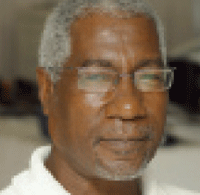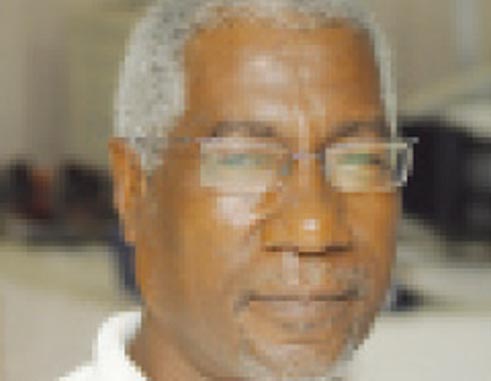
The ongoing popular protests in Algeria and Sudan have introduced a new element in the global discussion on prospects for civilian rule after regime change through army intervention.
Take the two following examples:
In Algeria, the army – as the oldest and most powerful institution since the Algerian Revolution of 1962 – intervened to hasten the departure of an unpopular president.
In Sudan, the army also intervened and arrested and deposed an unpopular president who’d run the country with an iron fist after taking power through a military coup in 1989.
In both cases, the armies intervened at crucial periods to deliver popular demands.
In both cases too, the soldiers in charge have moved against the leaders who appointed them, while protest organizers are demanding that power be handed over to civilians.
But in neither case is there any indication of the soldiers being willing to simply hand power over, promising instead to first restore order and then call elections.
In Algeria, the army has promised to ensure due national elections are held in July to elect the next government; and the Sudan army proposes a two-year transition period before polls.
On the other hand, protest organizers in Sudan are insisting on appointment of a civilian regime for a four-year transition period leading to elections, while those in Algeria are calling for an election boycott next month.
In both cases, however, the protest organizers may have seriously under-estimated the role armies have historically played after taking power – and possibly ignoring some lessons close to home.
In Egypt, the army intervened at the height of protests against an unpopular president (Mohammed Morsi) in 2013, seized power, restored peace – and held on to power, the army chief transitioning to politics, emerging as an elected president and sealing a permanent role for the military in determination of all aspects of the country’s future.
In Zimbabwe in 2017, the army got rid of the unpopular Robert Mugabe and maintained its historical alignment with the ruling party that replaced him – through elections — with an ex-military chief.
Another two examples are Myanmar and Thailand, where armies have remained in full charge even after parliamentary elections, constitutionally ensuring military control by way of reserved bloc presences in legislative assemblies.
In Algeria and Sudan, the clear unwillingness of the military to hand power to civilians has resulted in understandable frustrations on the part of the protest organizers, who now accuse them of being in bed with the remnants of the deposed regimes and/or planning to retain the power.
But it’s simply foolhardy for those without power to demand that those with it simply hand it over without a fight.
The Algerian and Sudanese protests have inspired a similar one in Morocco, leading to suggestions that a 2019 Afro-Arab Spring may be in the making, only awaiting the level of external involvement that characterized the similar protests a few years ago that led to regime changes in Tunisia, Yemen and Egypt (under Hosni Mubarak) and significant political shakeups in Turkey.
But, like in the earlier Arab Spring, one of the most telling weaknesses of the protesting sides today in Algeria and Sudan – and Morocco — is (again) the absence of an organized national political structure.
The ruling Algerian National Liberation Front is an institutionalized party that has won every general election since 1962 — and as the most organized political force, it can only be legally defeated at the polls by another organized political party.
In Sudan, some members of the leadership of the National Congress party that ensured re-election of ousted President al-Bashir have been arrested by the army, which has said all political parties and opposition forces, including Congress and armed groups, will be allowed to participate in promised elections.
In both cases, the protesters have sufficient strength in numbers to be organized into effective national political forces, but their leaders seem more interested in negotiating non-election power transfers with reluctant armies.
However, the best way they can effectively gain political power is by forming parties or movements that will contest polls.
In Latin America, most military coups have resulted either in successive follow-up coups or popular revolutions, leading either to military dictatorships or new revolutionary governments.
In Grenada, the People’s Revolutionary Army (PRA) carried out a bloodless revolution on March 13, 1979 and thereafter the People’s Revolutionary Government (PRG) rejected all external calls for elections – from the Caribbean and beyond.
There will always be twists and turns along the way and no one knows what will happen tomorrow – or the day after – in Algeria or Sudan.
But history has shown, time and again, that armies, after taking power by whatever means, normally tend to hold on to it.
That’s the road soldiers in charge usually follow — and there’s no sign (as yet) that the armies in Algeria or Sudan are about to fall out of step with that Line of March.
AUTHOR’S NOTE: My article in Thursday’s VOICE entitled ‘Religious Tolerance and Intolerance – A Caribbean Perspective’ stated the two accused in the 1999 Castries Cathedral attacks were about to be released. I have since been reliably informed that a recent appeal for their release was turned down and they will therefore each continue to serve their full life sentences.










